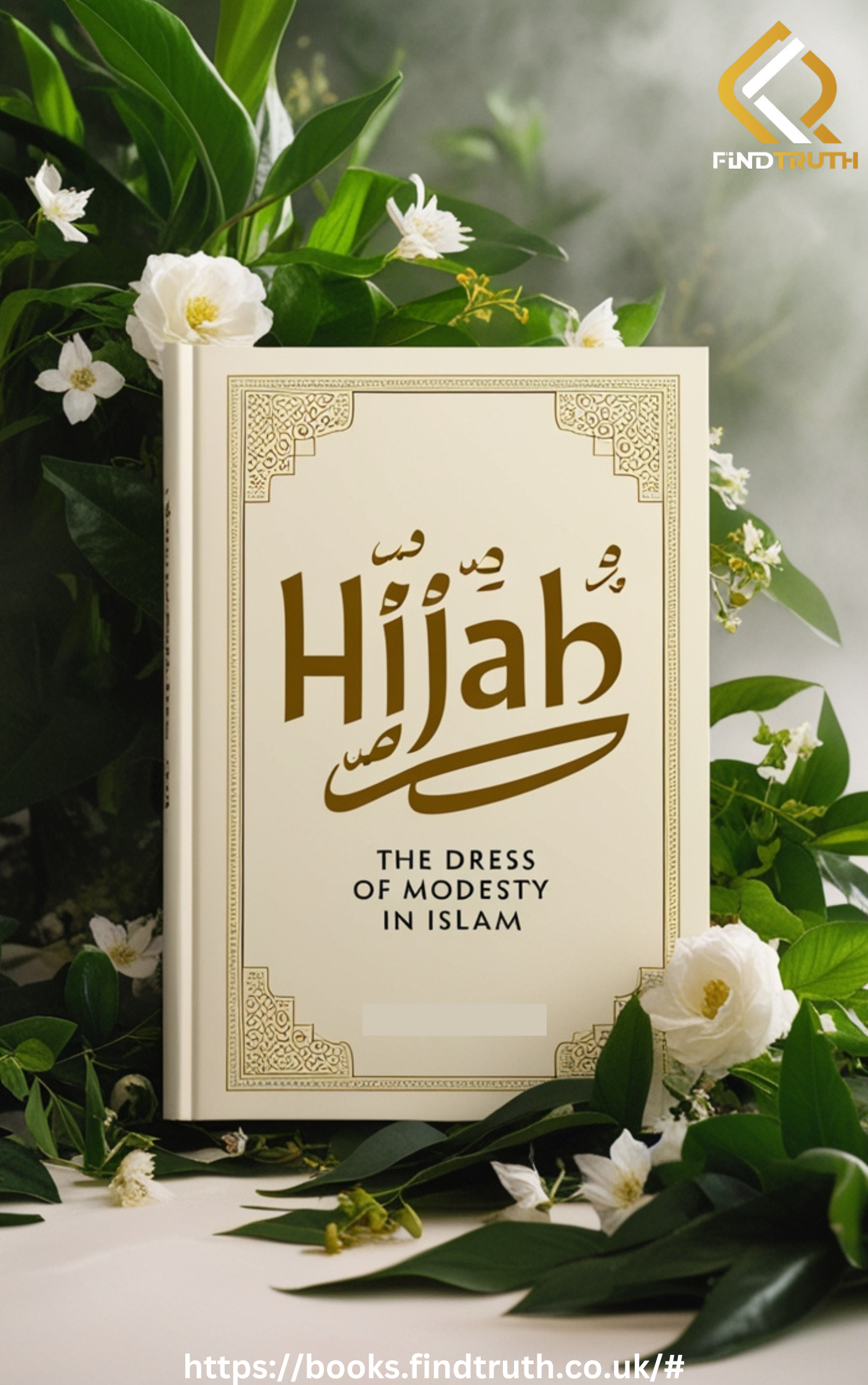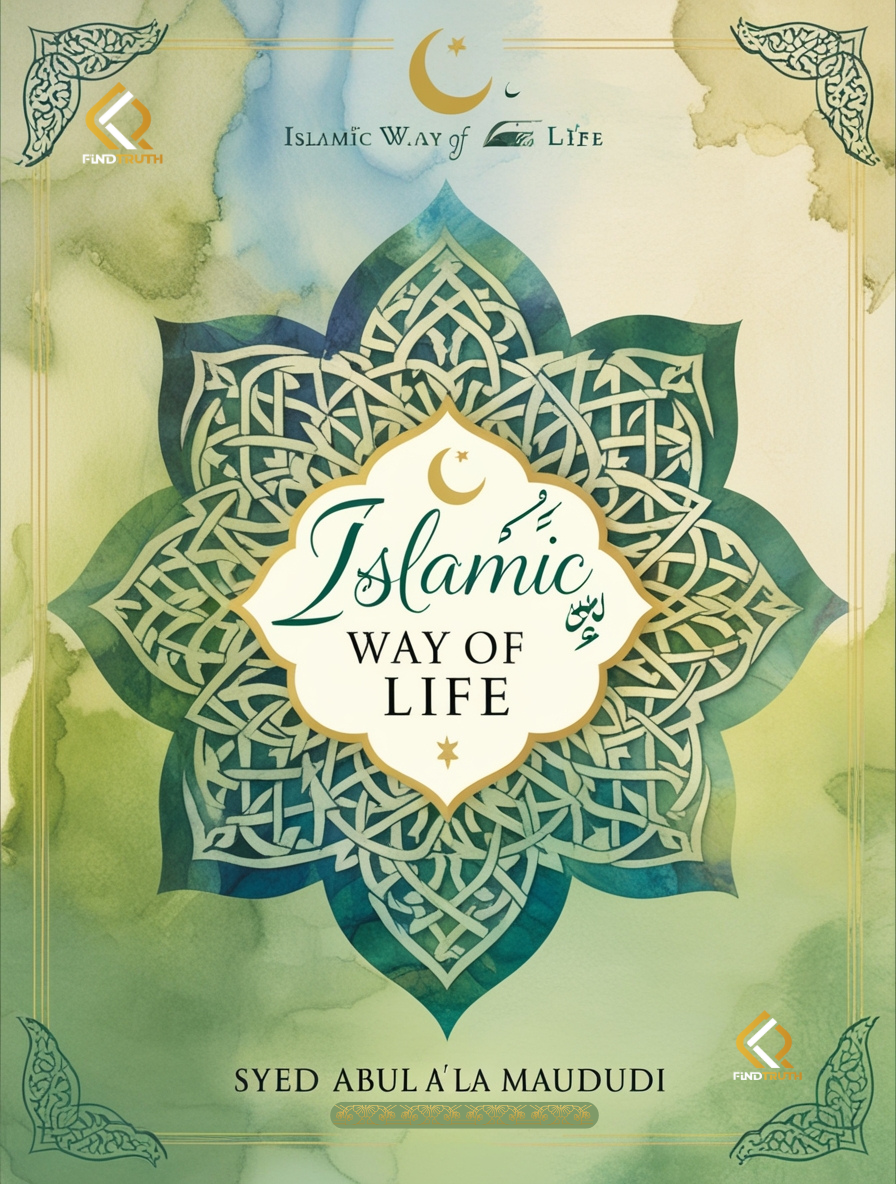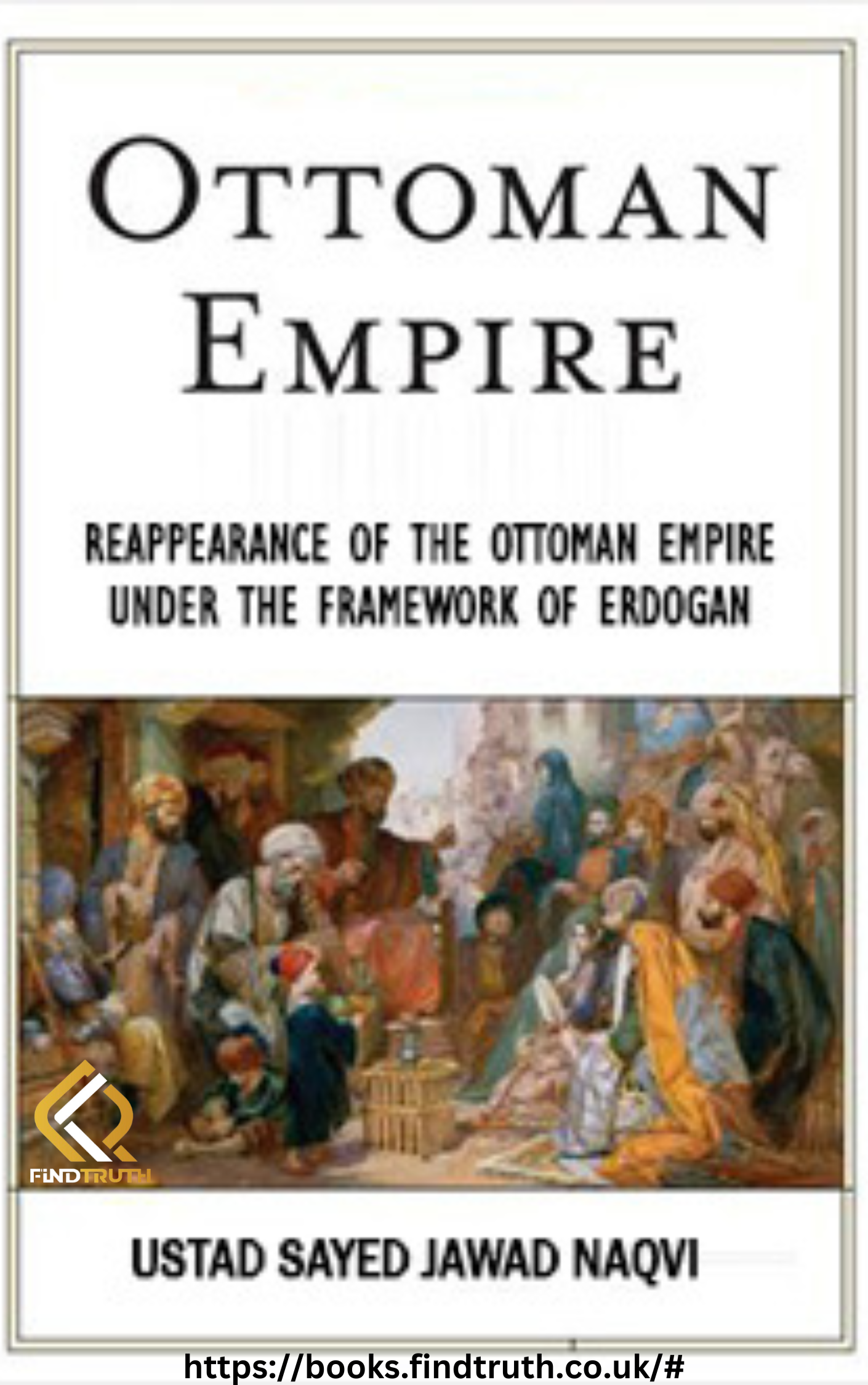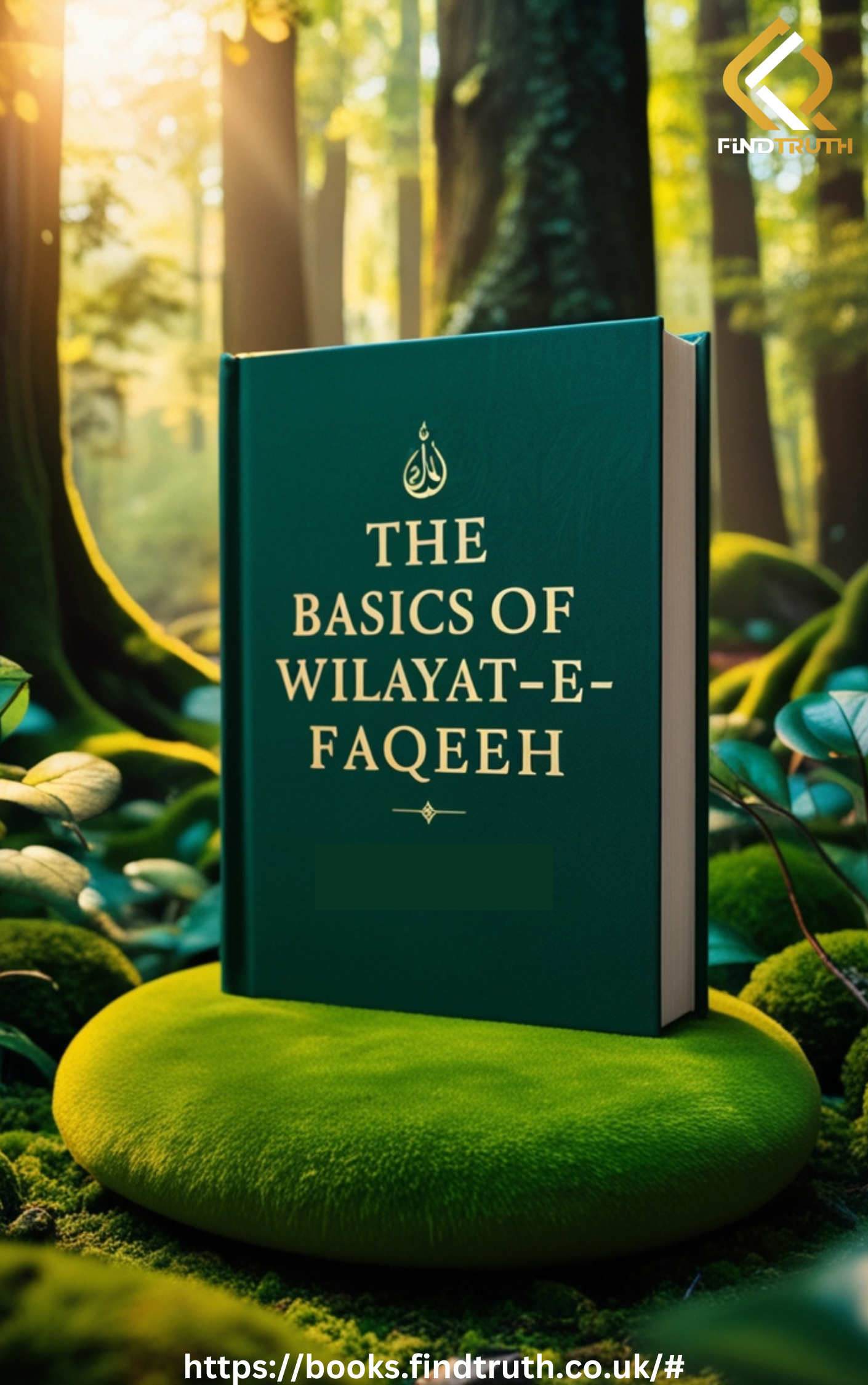Hijab: The Dress of Modesty in Islam delves deeply into the concept of modesty in Islam, focusing specifically on the hijab as an essential practice of both spiritual and social significance. This book explores the hijab not just as a physical covering but as a holistic embodiment of modesty and dignity. It seeks to clarify the principles behind the Islamic dress code for women, demonstrating how it fosters respect, honor, and protection within society.
The book covers the following key topics:
- The Religious Basis of Hijab: An exploration of the Quranic verses and Hadiths that discuss the importance of hijab, addressing common misconceptions and providing a scholarly perspective on the interpretation of these texts.
- Modesty in Islam: A comprehensive study on how modesty (Haya) is integral to a Muslim’s faith, transcending mere clothing choices to include speech, behavior, and overall demeanor.
- Historical and Cultural Context: A look at how the practice of hijab has evolved throughout Islamic history and how it has been perceived in various Muslim societies across different eras.
- Hijab in the Modern World: The challenges and experiences of Muslim women who wear the hijab today, particularly in Western societies, addressing issues such as discrimination, personal identity, and empowerment.
- Men and Modesty in Islam: A discussion of how modesty is equally applicable to men in Islam, emphasizing the broader ethical framework of modest behavior and dress for all Muslims.
- Hijab as Empowerment: Exploring the narratives of women who see the hijab as a symbol of freedom, autonomy, and empowerment, the book challenges common stereotypes and offers an alternative perspective on women's rights in Islam.
Through insightful discussions and evidence-based research, this book aims to help readers appreciate the deeper spiritual and ethical reasons behind the practice of hijab in Islam, highlighting its role in fostering a sense of peace, piety, and communal respect.











